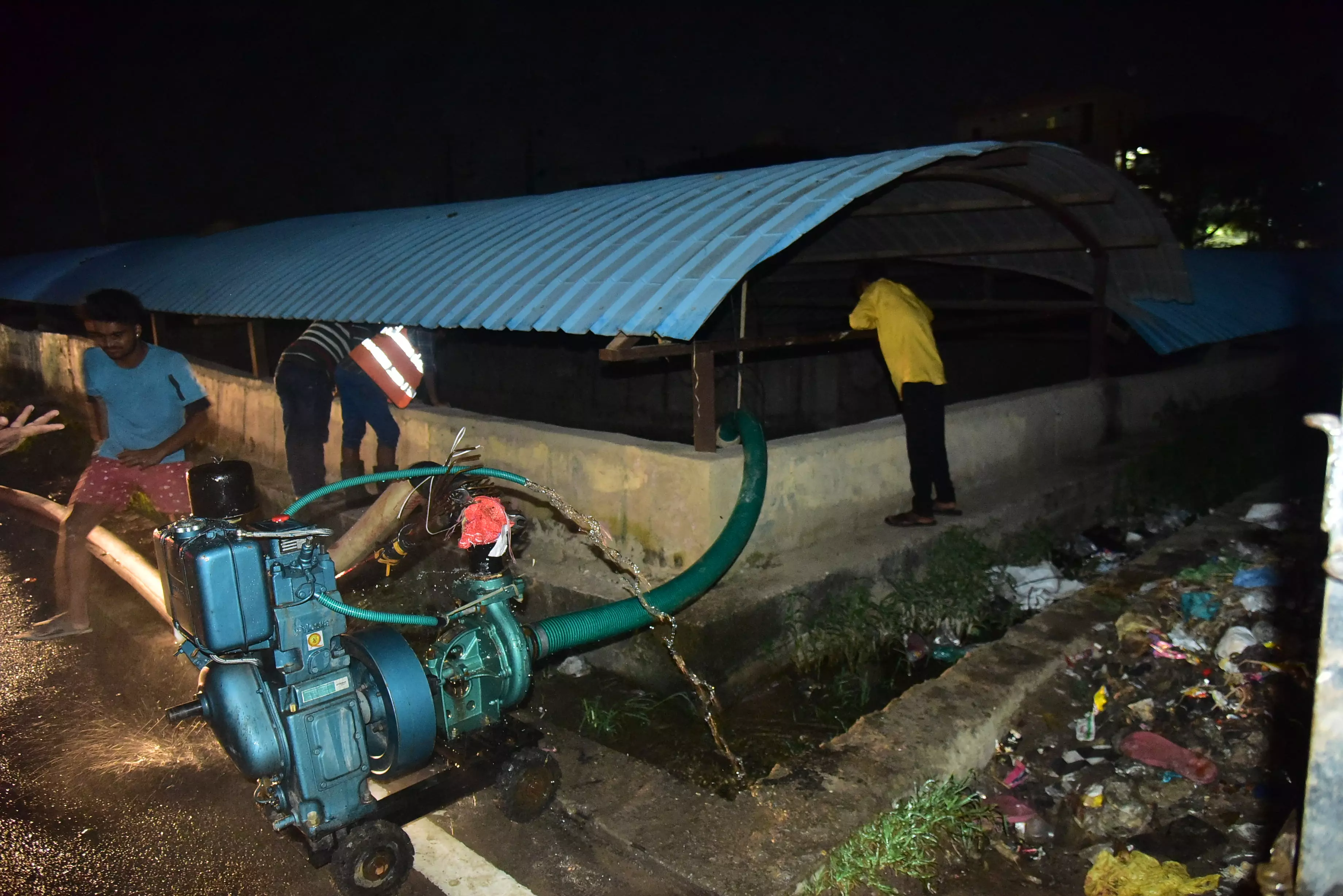GUNTUR: Less than a week after over 160 people fell ill allegedly due to water contamination in Guntur city, the Reverse Osmosis (RO) plants, a major source of drinking water for residents, are under scanner.
During the door-to-door surveys, officials of the Guntur Municipal Corporation (GMC) and health department found that several people are consuming water from RO plants. This has resulted in the mineral water plants coming up in every nook and corner of the city, further raising questions about whether the water cans being supplied to people are safe and meet the standard guidelines of the Food Safety Act.
The officials have collected water samples from mineral water plants in Sarada Colony, Srinagar Colony, Kakumanuvari Thota, IPD Colony, and NGO Colony and tested them in regional labs. The test revealed that the pH level was less that normal in water from some plants, and Klebsiella bacteria was found in others.
While the pH of pure water is 7, the suitable range is 6.5 to 8. However, water being sold at the RO plants was found to be more acidic, which could cause diarrhoea, nausea and vomiting, abdominal pain, chills, weakness, shortness of breath, suppression of immune system, and organ damage.
According to Food Safety Department officials, the RO plants will have to get their ISI certification renewed every year and also take a food safety standards licence.
Expressing severe concern over this, Guntur Municipal Corporation Commissioner Kirthi Chekuri informed that she will send a letter to the food safety department to step up vigilance and take stern action against the RO plants for flouting regulations and causing severe risk to public health.
Doc stresses need to regularly test water at RO plants
Pointing out that the business of RO plants has become lucrative, Dr K Sujatha, a general surgeon in the city, flagged how some units were supplying unsafe water to the public. “The manner in which water cans are washed at these plants is also very important. Water samples should be taken frequently and tested in authorised labs.”





:quality(70):focal(1610x604:1620x614)/cloudfront-us-east-1.images.arcpublishing.com/shawmedia/M2BUPJ6NL5AQ3KWWYISISW3N64.jpg)

